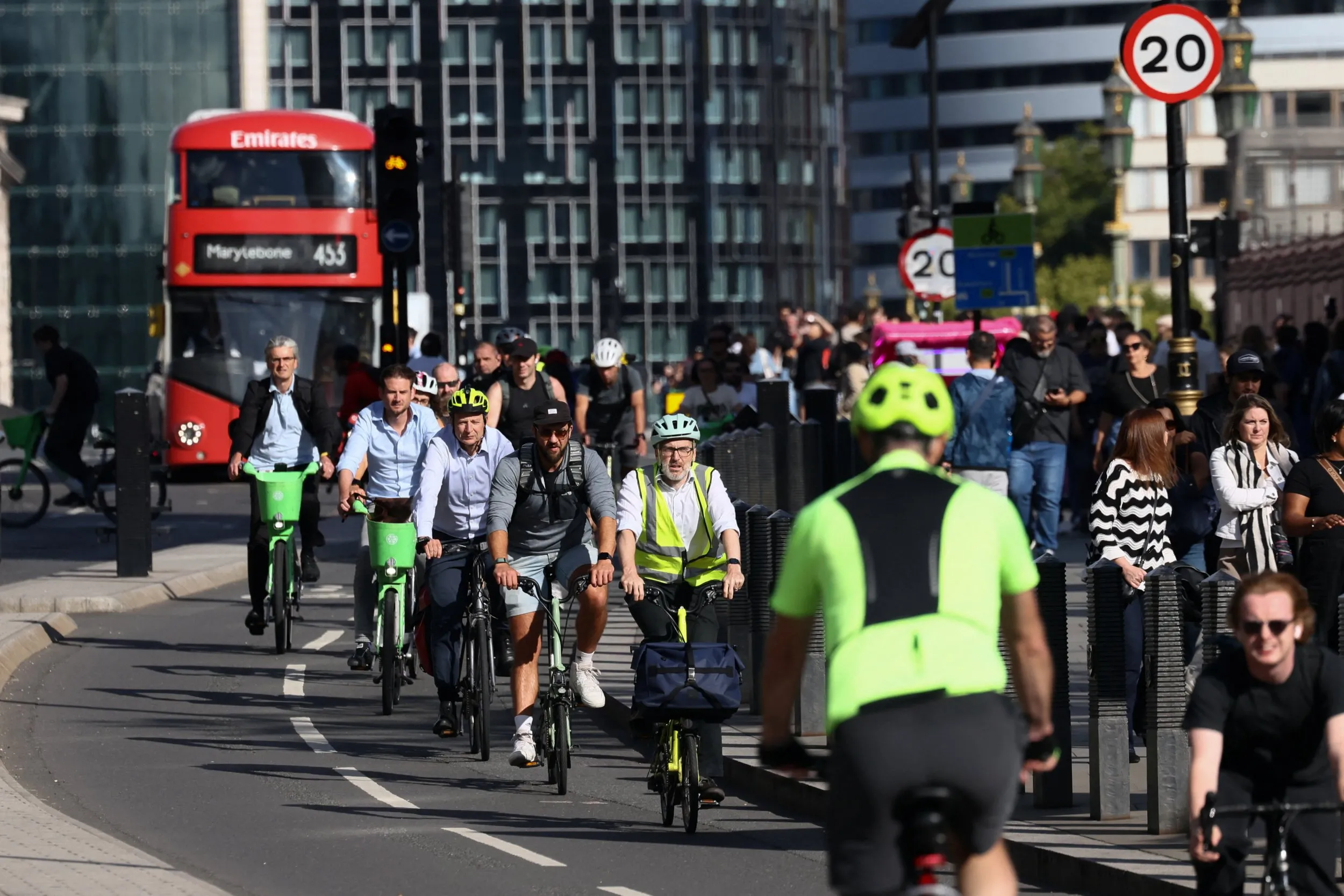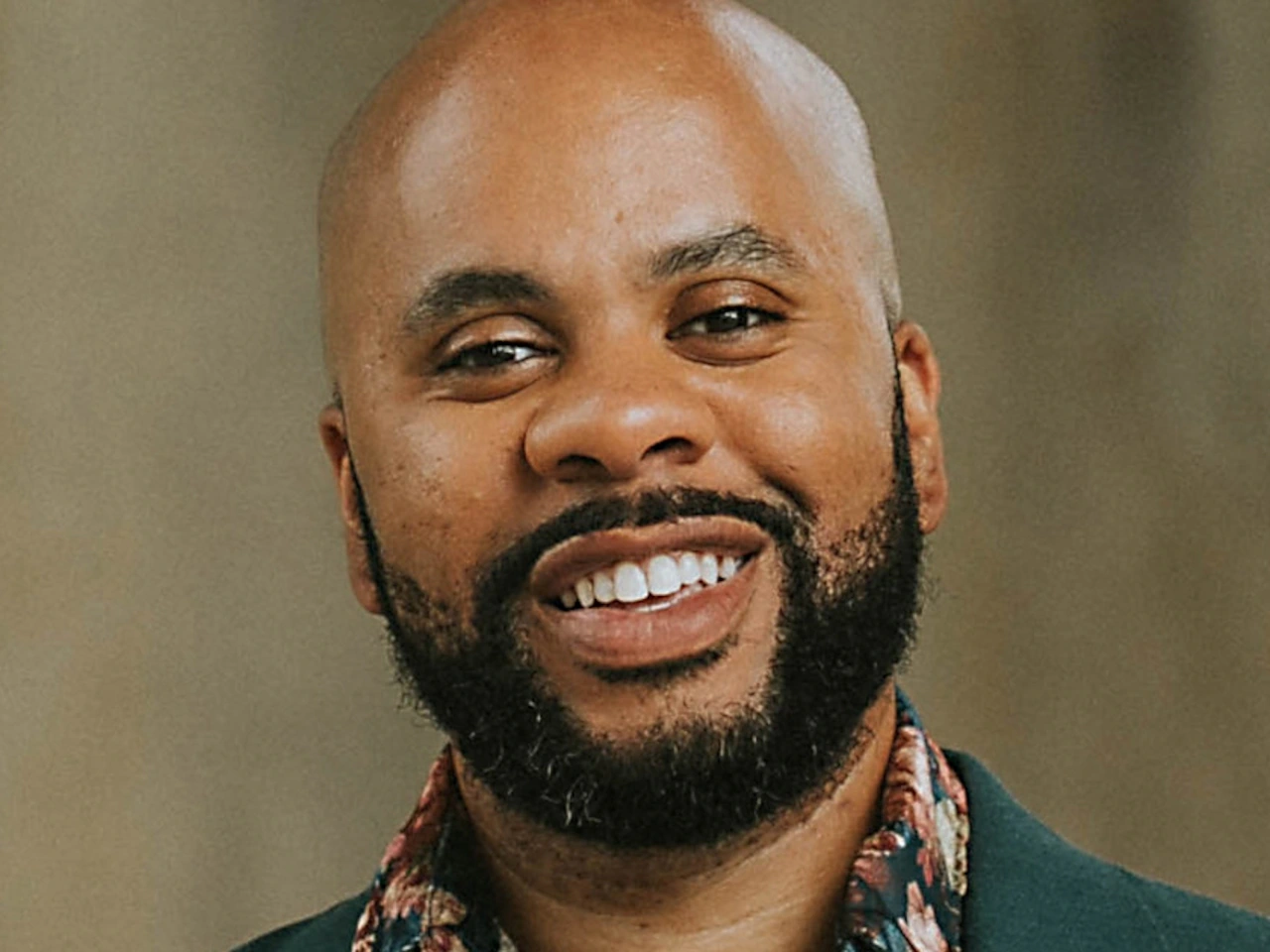
The federal government is demanding information from the MBTA on how it’s working to make travel safer in the Boston area.
The U.S. Department of Transportation on Friday gave the T two weeks to provide that information, as well as identify how it’s paying for safety and security.
The agency’s announcement cited an elderly woman who was pushed off a bus in Boston and injured earlier this month, as well as a belt attack on a bus in Cambridge in August. And Transportation Secretary Sean Duffy referred to the fatal stabbing of Ukrainian refugee Iryna Zarutsk on a Charlotte, North Carolina, train in August — a killing that has sparked outcry from the Trump administration.
“While local leaders seem intent on putting the needs of criminals first, we’re not waiting for the next Iryna. Chicago and Boston are on notice to take actions that enhance safety and reduce the crime affecting their riders and transit workers – or risk federal support. This is about standing up for American families who deserve a safe and clean transportation system.
Read the letter here:
MBTA General Manager Philip Eng confirmed that the T was working to get the information to the Department of Transportation.
“Earlier this week, I spoke with FTA Administrator Marc Molinaro in Boston about our shared commitment in ensuring the security of every passenger, and we are in agreement about providing the safest commute possible for all riders and employees,” Eng said in a statement. “As the MBTA and its Transit Police Department continue to work together with our federal, state, and local law enforcement partners, I want to assure the public that safety is at the heart of everything we do at the T.”
Duffy’s letter to Eng noted that the MBTA can and should rely on federal grants to pay for uses related to safety, “particularly at South Station, the second-busiest transportation hub in New England. The Federal Government has invested considerable funding over the years to improve and maintain South Station facilities and wants to ensure this Federal interest is protected for the benefit of public transportation passengers and workers.”
The letter concludes by noting that the people who take and work on public transit in Boston deserve to feel safe and travel without being threatened by “encounters with drug addicts or the mentally ill,” and noted that redirected or withheld funding are possible consequences of not responding to the request.



